2014
Post-doctoral Fellowship
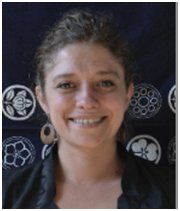 |
Marion Cousin will receive a D. Kim Foundation Postdoctoral Fellowship for the 2014-2015 academic year. Her project will show that Japan’s modernization during the Meiji era (1868-1912) was based on a profound educational reform including the introduction of modern mathematics from Europe and the United States. It will provide a deeper understanding of this process. She will focus on mathematical language and logical reasoning in geometry, and also explain how this language was stabilized during the twentieth century. |
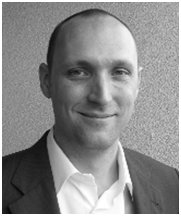 |
G. Clinton Godart will receive a D. Kim Foundation Postdoctoral Fellowship for the 2014-2015 academic year. His project aims to broaden the parameters of the debate on evolution theory and religion through the study of modern Japan, where a complex religious and ideological ecology has existed. He will focus on the religious factors in the transmission of evolutionary thought in the 1870’s, the roles of religion in transmission and understanding of evolutionary biology, and the reactions of Buddhists, Christians, Shinto ideologues, and Confucian thinkers towards evolution theory. He will travel to Osaka University in Japan to conduct his research. |
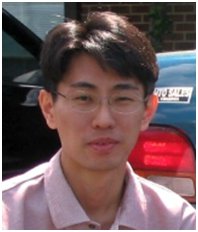 |
Masanori Wada will receive a D. Kim Foundation Postdoctoral Fellowship for the 2014-2015 academic year. His project is on the Kogakkai (current Japan Federation of Engineering Societies) that was established in 1879 and became the mother society of many engineering societies thereafter. He will investigate how the nineteenth century engineering community in Japan introduced various activities, such as holding meetings, publishing journals, qualifying members, or answering inquiries for the government. In particular, he will analyze the process of how the Japanese engineering community became research-oriented and self-sufficient in the academic world. |
Traveling and Research Grant
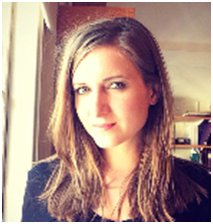 |
Claire Edington will receive a D. Kim Foundation research/travel grant in 2014. She will travel to Vietnam in the summer of 2014 to conduct research on the social history of psychiatry and mental illness in French Indochina. She will visit the National Library and National Archives Center NO. 1 located in Hanoi. Her research will examine the attitudes towards mental illness in the early twentieth century, which will answer the questions of what kinds of behavior were tolerated and what required more urgent intervention. |
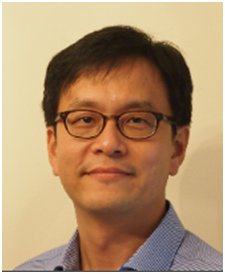 |
SeungJoon Lee will receive a D. Kim Foundation research/travel grant in 2014. His research project is on the wartime food politics in China in the 1920s-1950s. He aims to suggest an alternative narrative for the better understanding of modern China’s wartime experience and its political consequences leading not only up to the year 1949 when the Chinese Communist Party seized power but also up to the early decade of the People’s Republic of China. He is planning to visit several archives in mainland China, Taiwan and Hong Kong. |
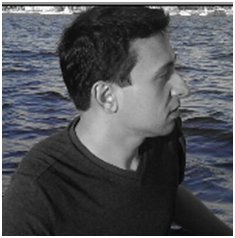 |
Florin-Stefan Morar will receive a D. Kim Foundation research/travel grant in 2014. He will travel to Taiwan in the summer of 2014 to conduct research for his dissertation “Opium beyond the wars. Science, medicine and the global history of opium from the East Indies trade to the International Conferences on Narcotics.” His research will offer a comprehensive narrative of the opium trade in the context of medical theory and practice in China and the West. In addition, he will analyze this history by looking at its political, commercial, and cultural context, incorporating perspectives from global history. |
Group Grants
A group grant is awarded to help support the workshop participants organized by Howard Chiang. The workshop “Subimperial Formations of Medicine: Taiwan and Korea” will be held in July 2014 at Warwick Center in Venice, Italy. The workshop invites theoretically robust approaches to the comparison and relation of medical cultures between Taiwan and Korea, both of which experienced the Japanese colonization in the early twentieth century. This workshop aims to address the cultural transformations of medicine and healthcare in light of such trajectories of political affinity and potential divergences.






